Waste Management for our Valued Clients
Below are just a few of our many valued clients to which we provide waste management.
We understand the importance of uninterrupted support. That’s why HazChem is available to assist you with emergency spill response, waste management including cleanup, waste hauling transport and waste management disposal services, and recycling, 24/7, 365 days a year. We do not rely on automated voice-mail systems for our main phone line (630) 458-1910. Instead, we guarantee that a live person will answer your call, regardless of whether it is a weekend, holiday, or any other day.
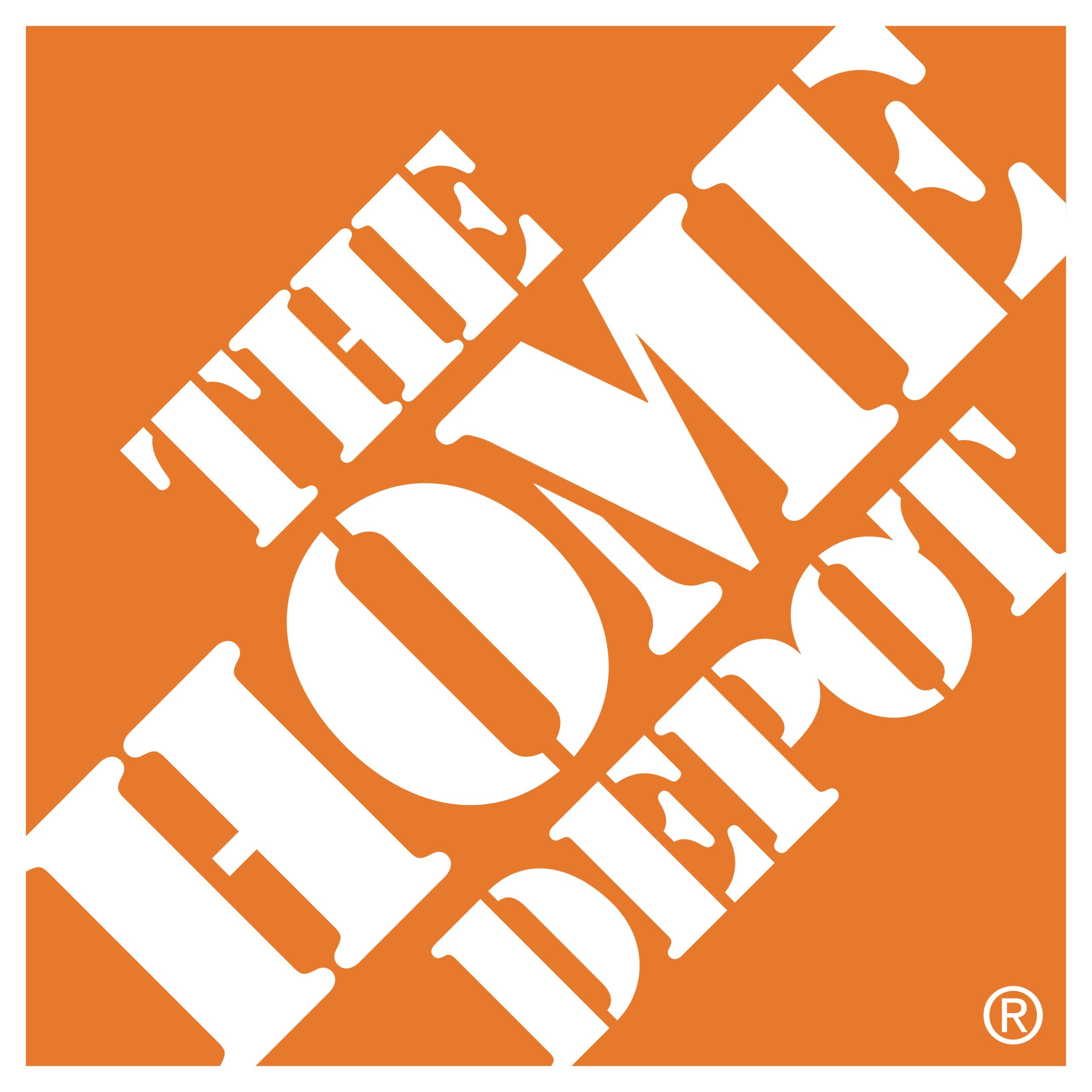
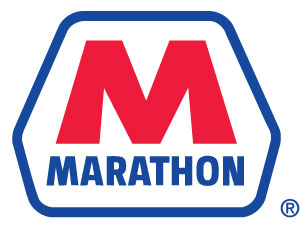

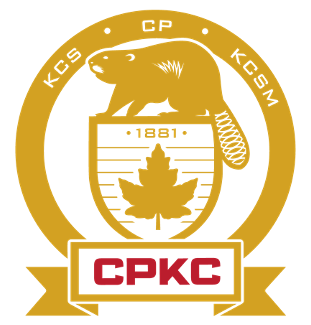

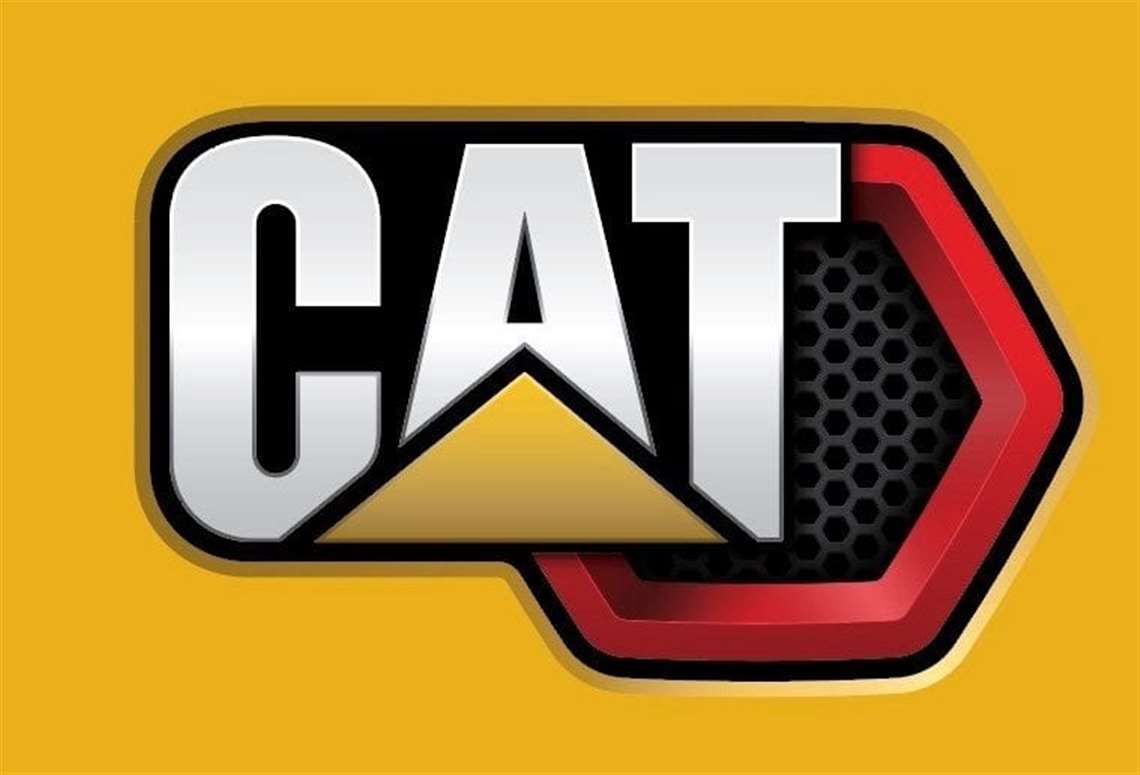
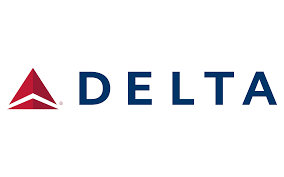
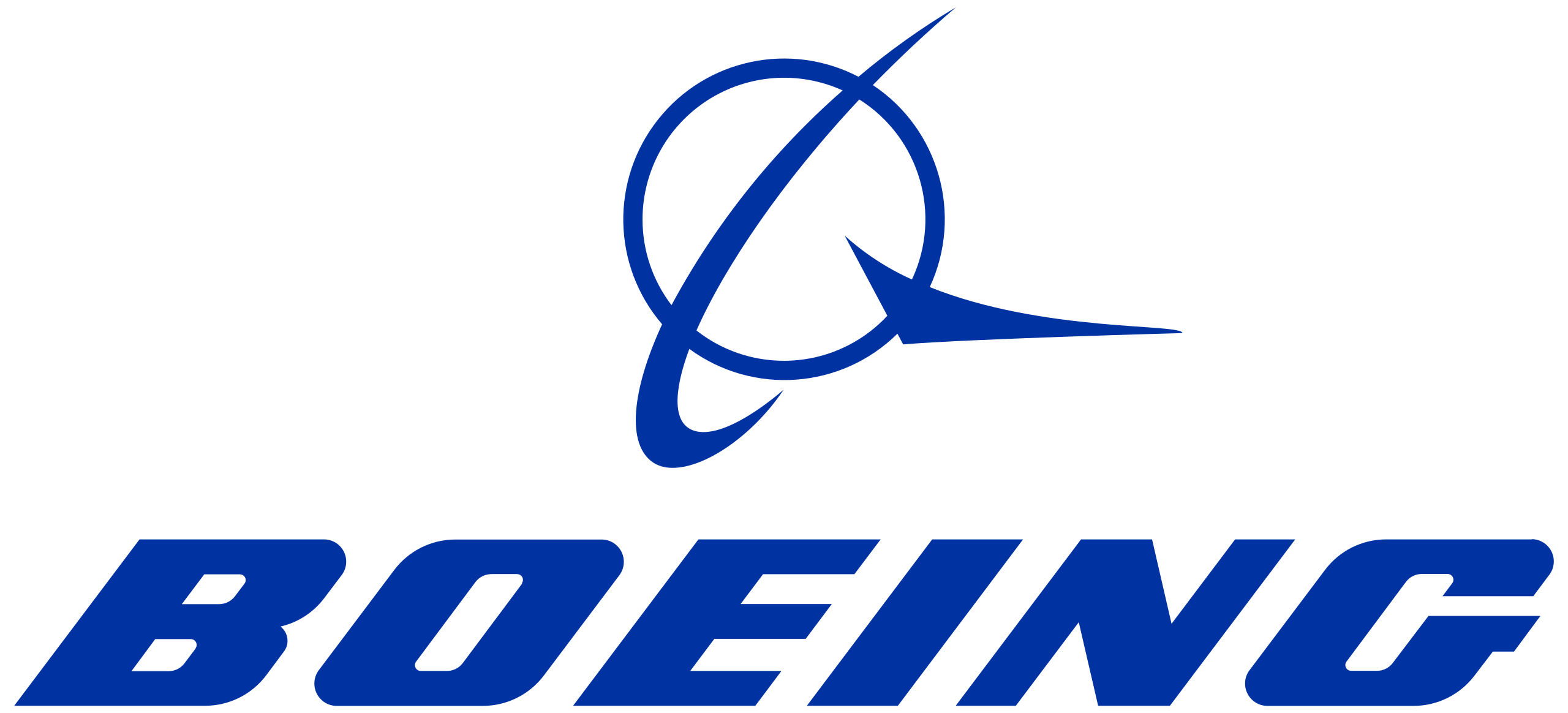


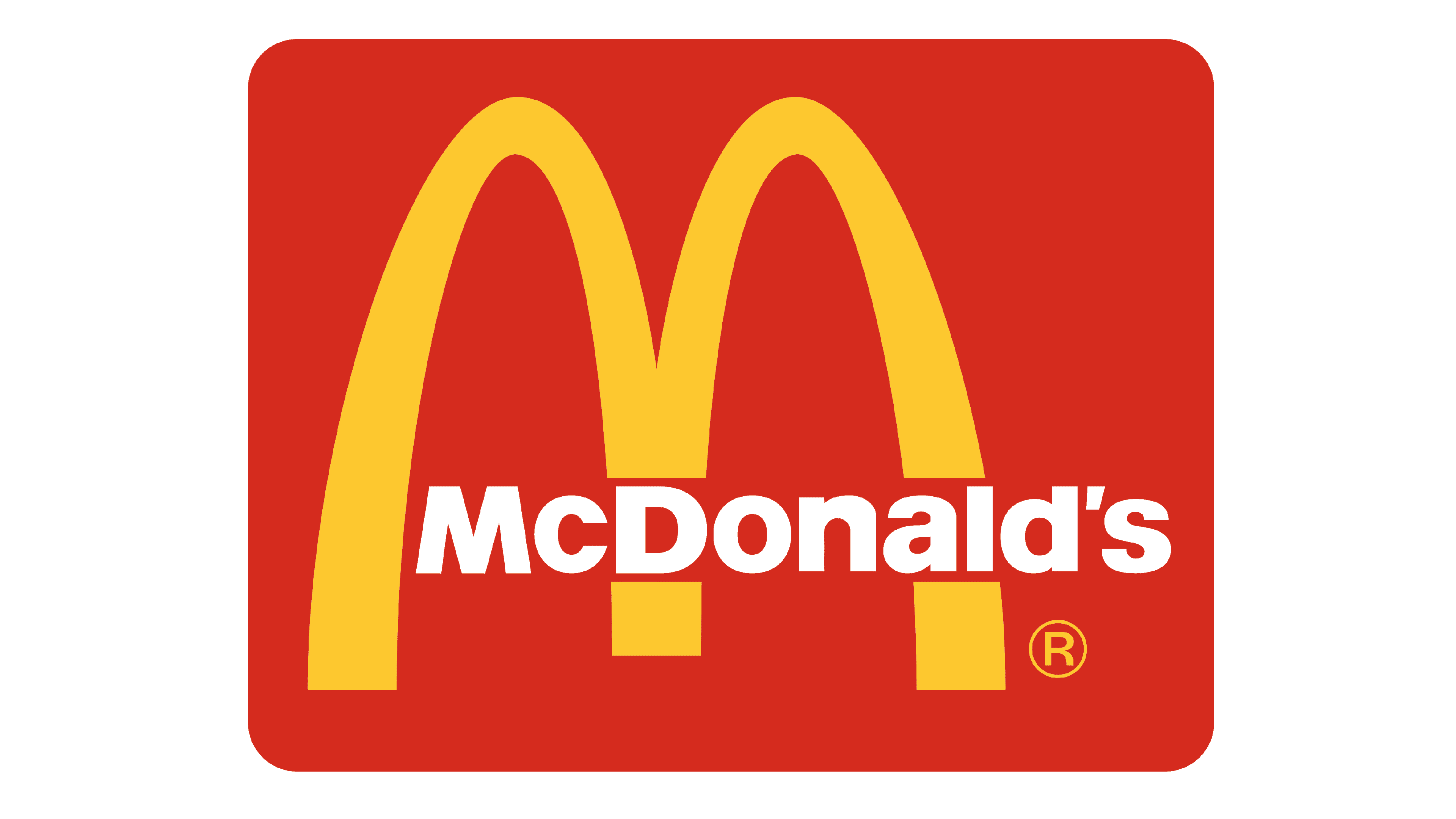
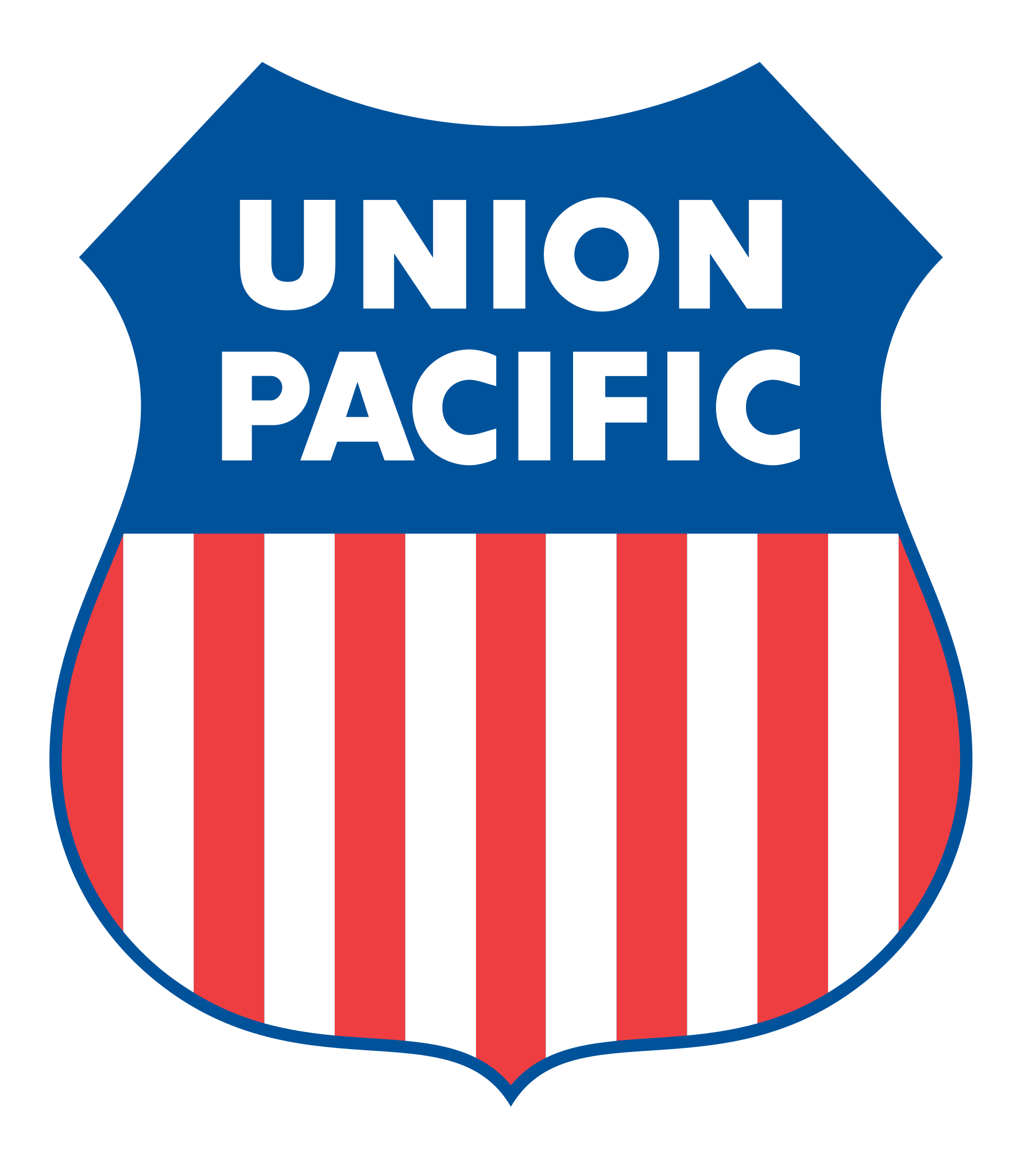
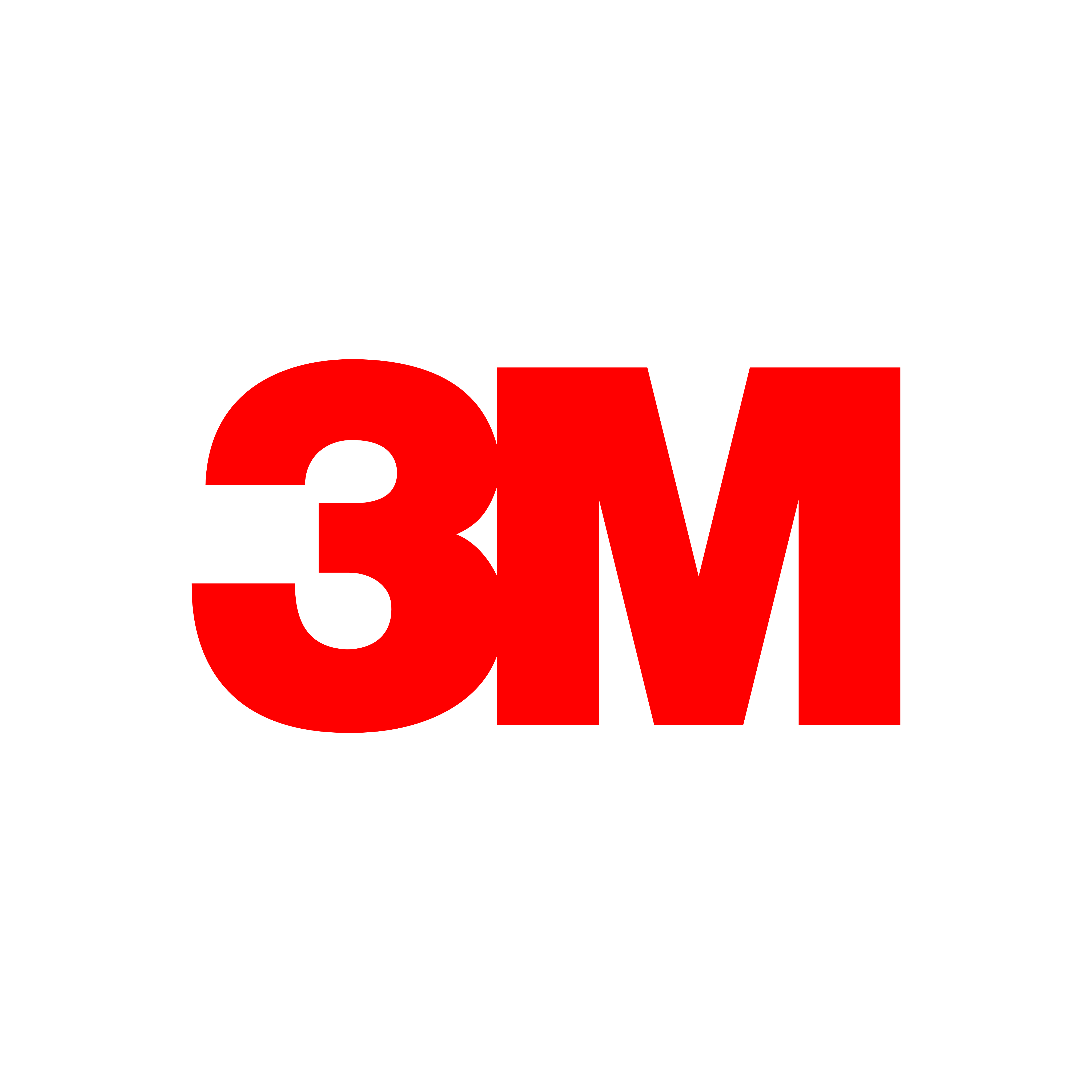
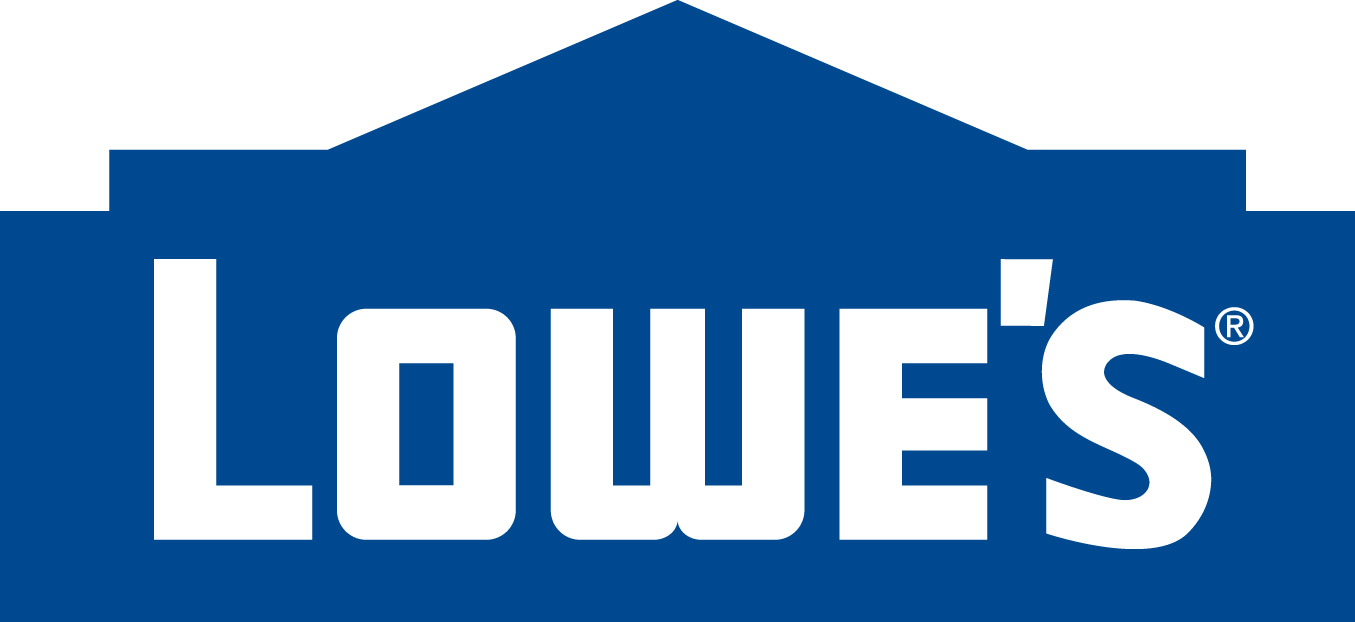
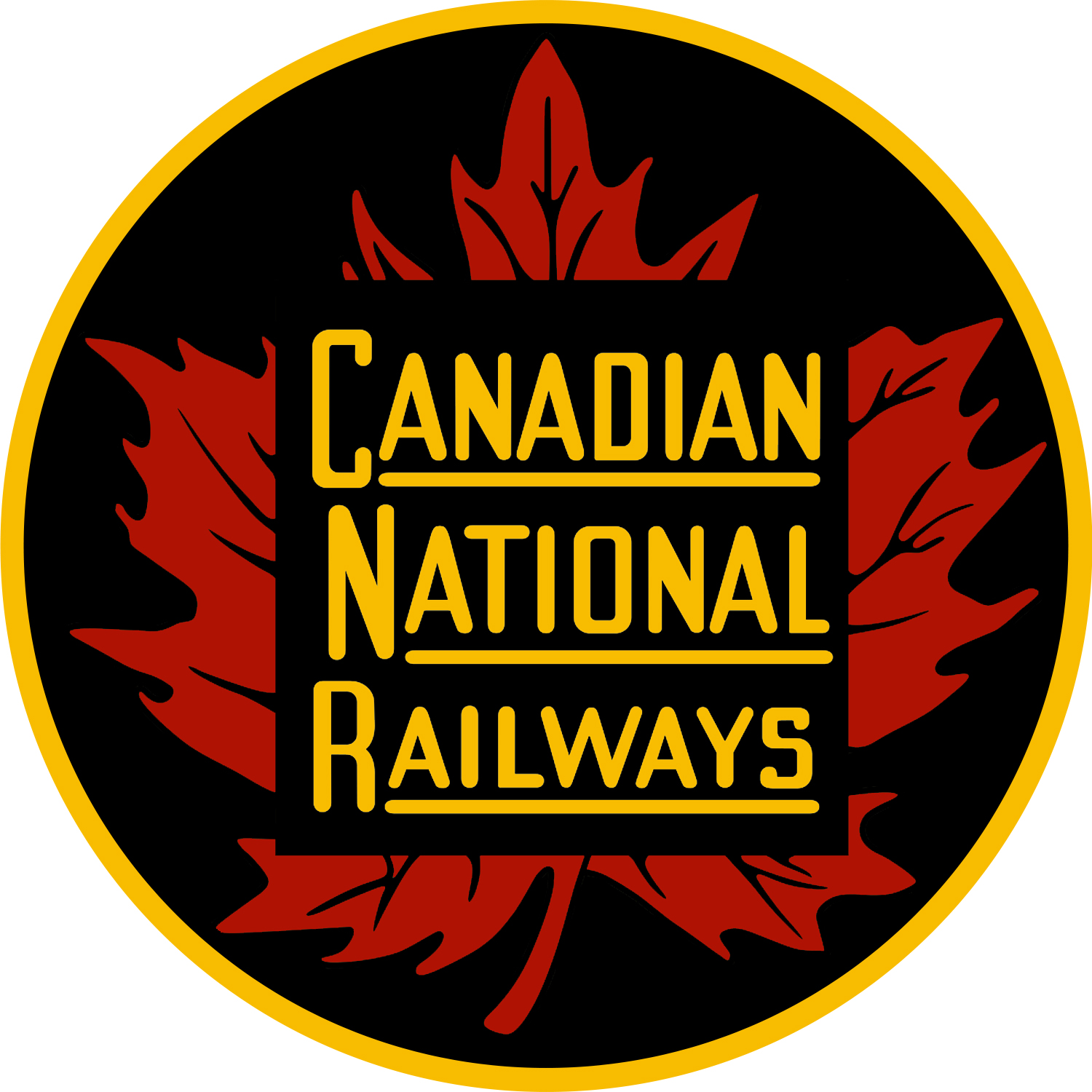
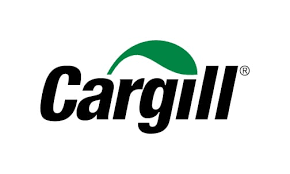
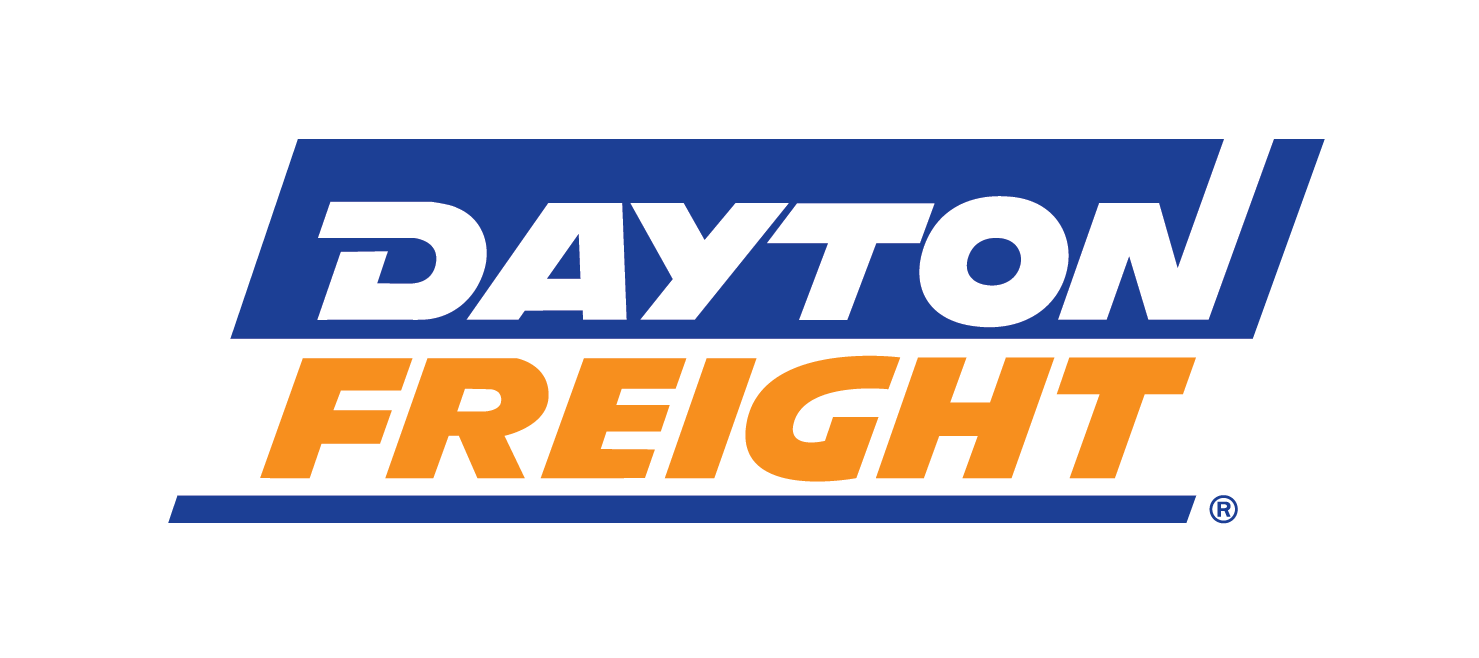
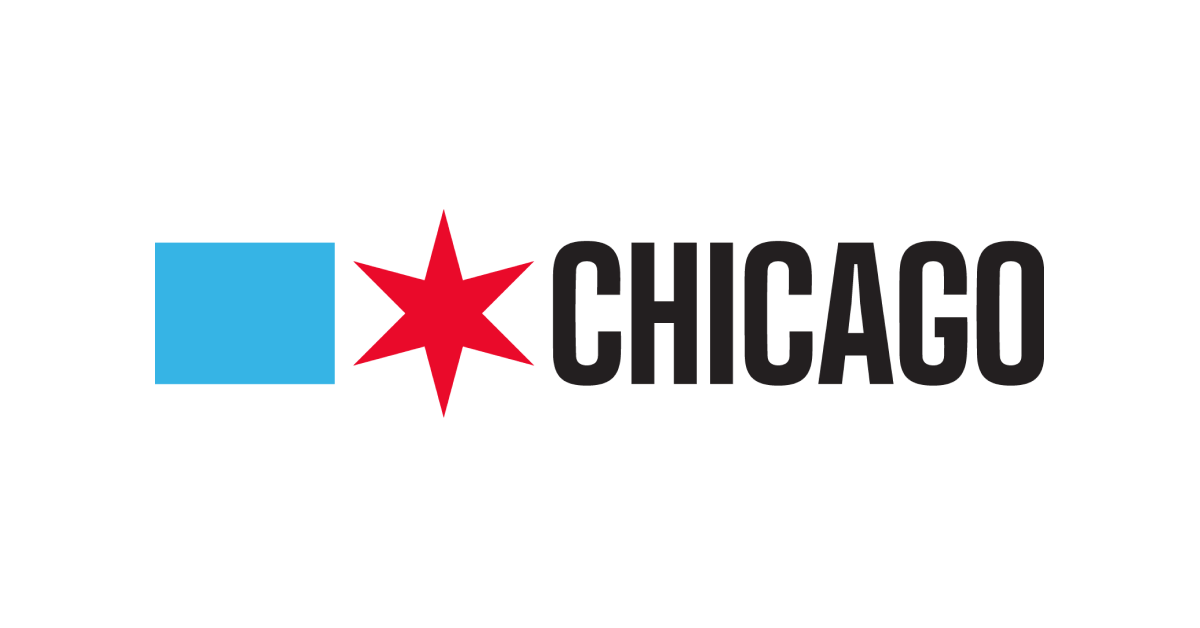
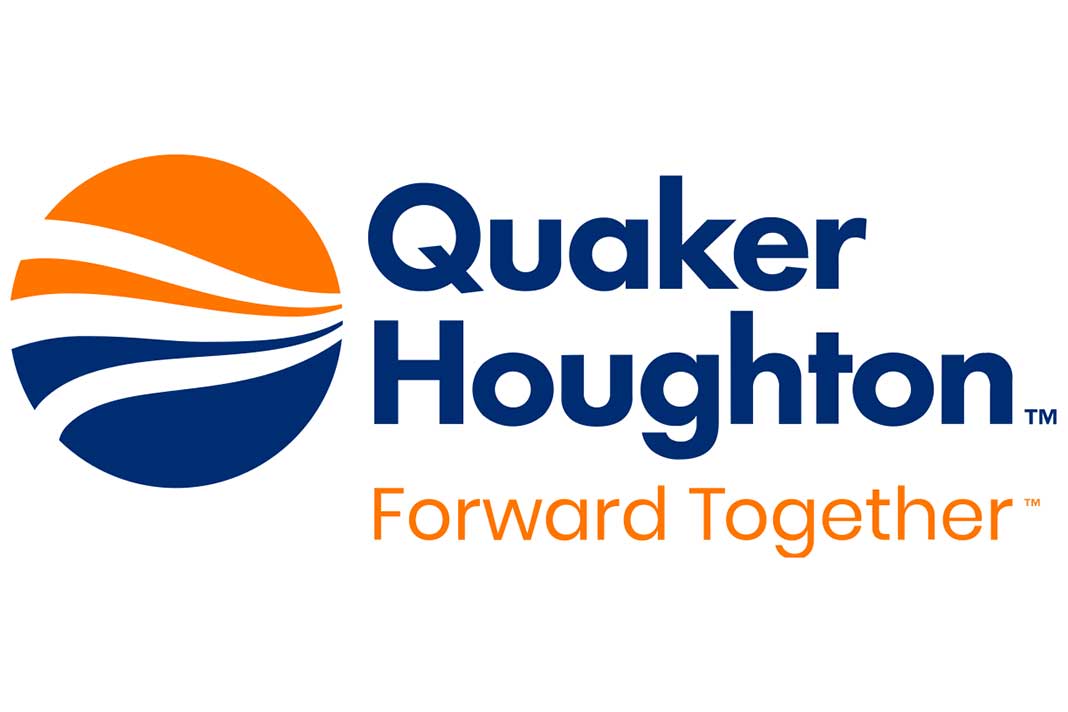


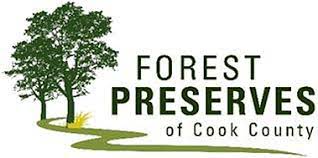


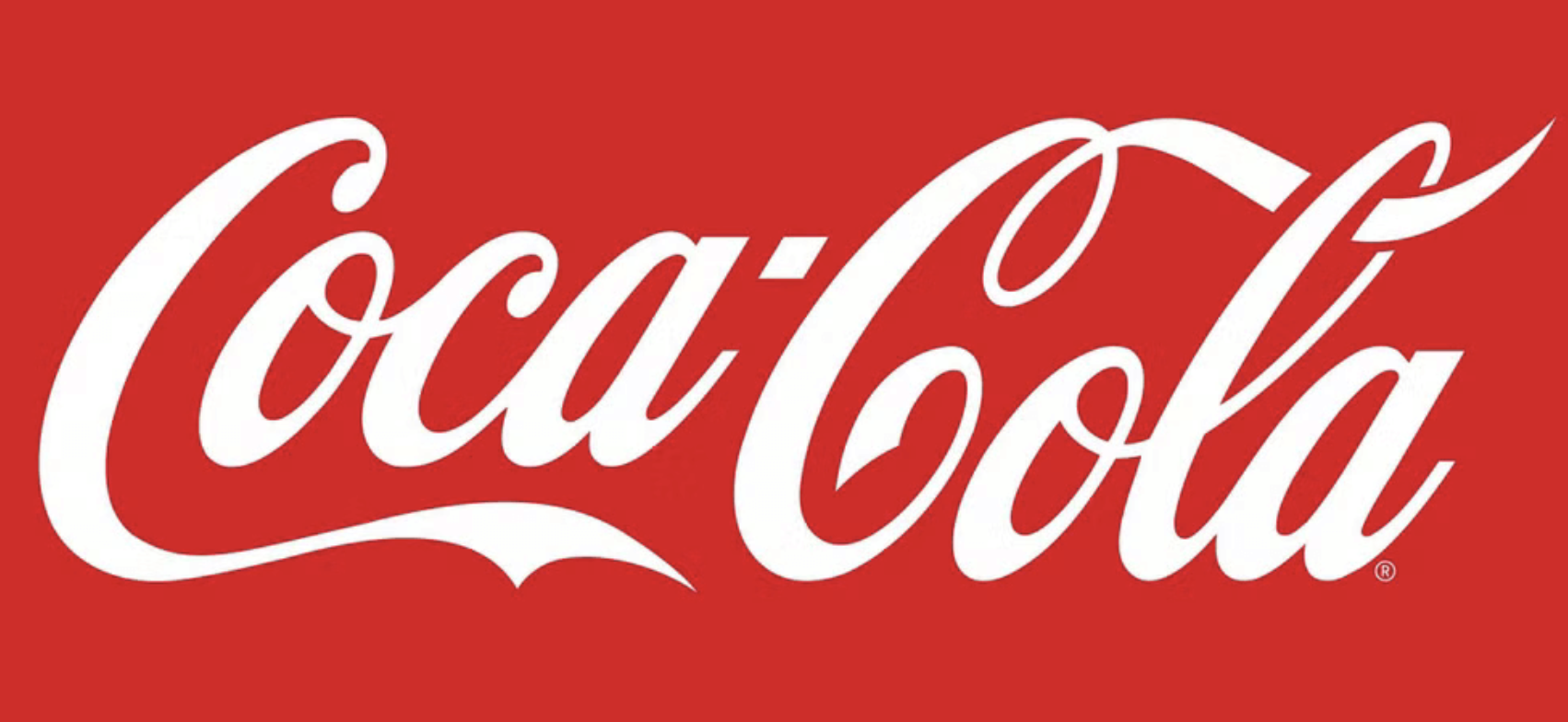
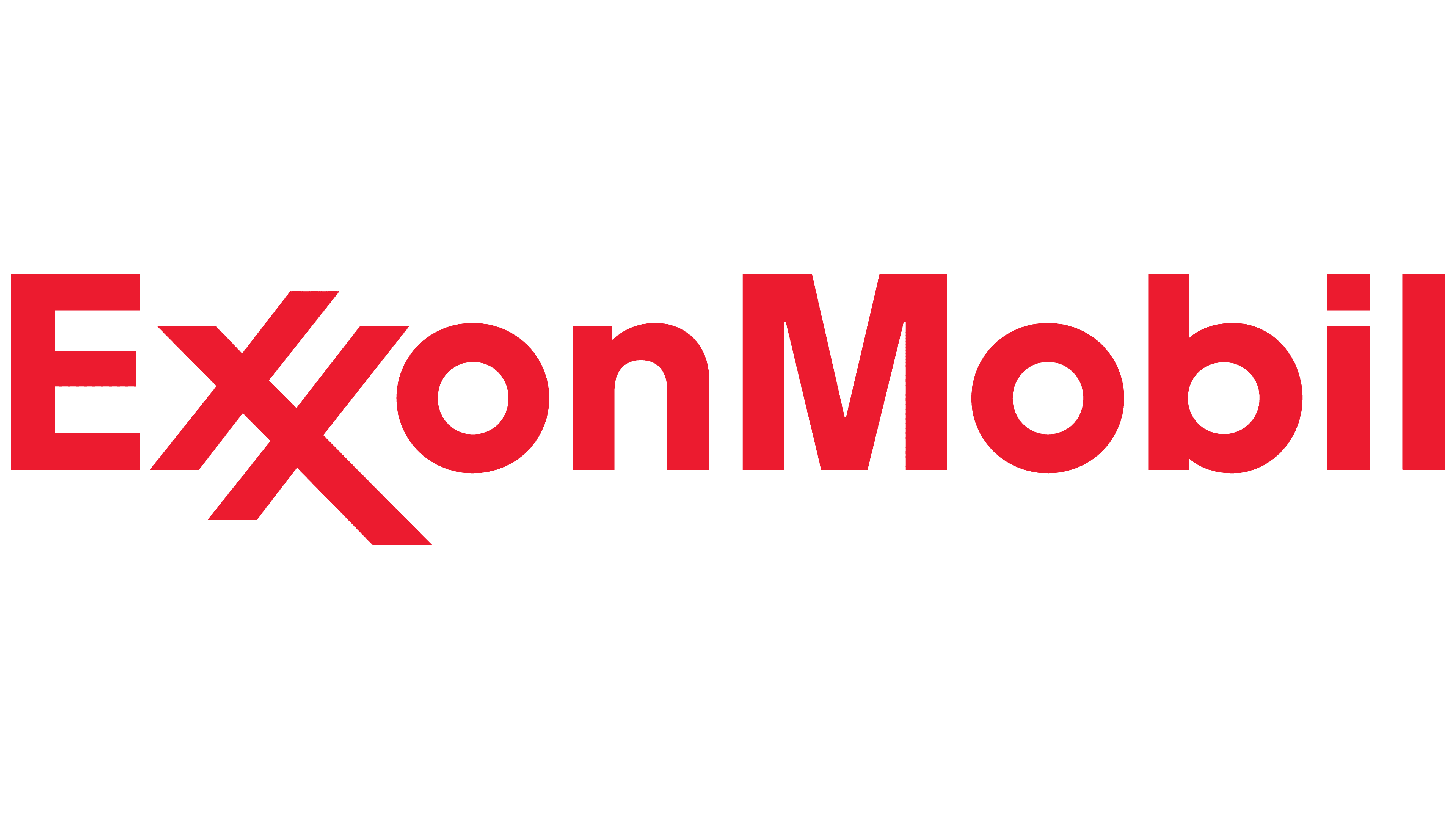
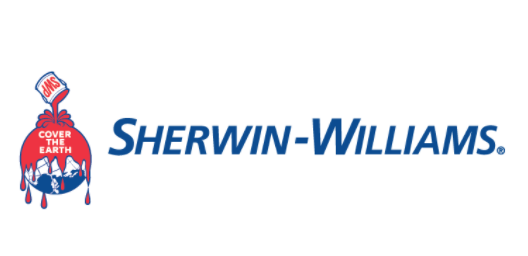

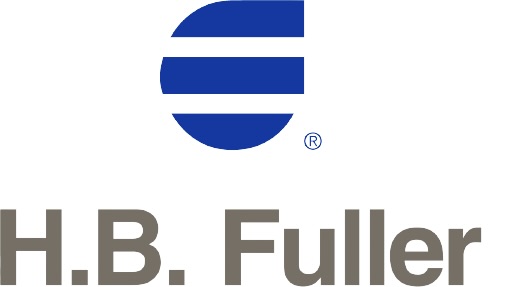


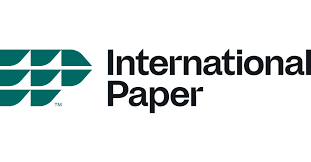


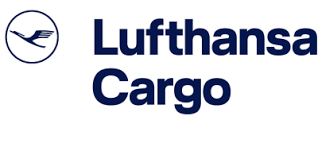

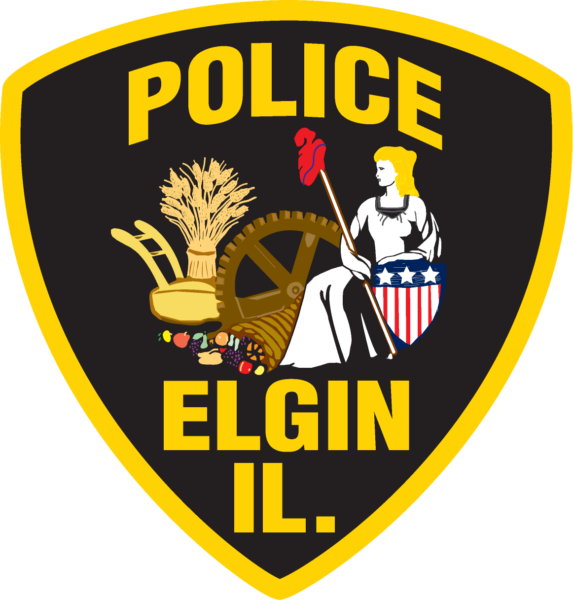
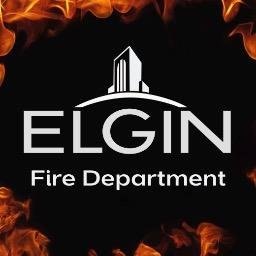

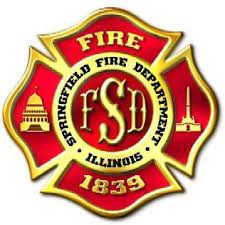
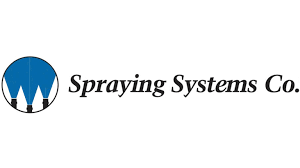
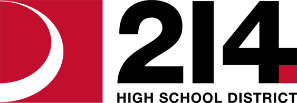

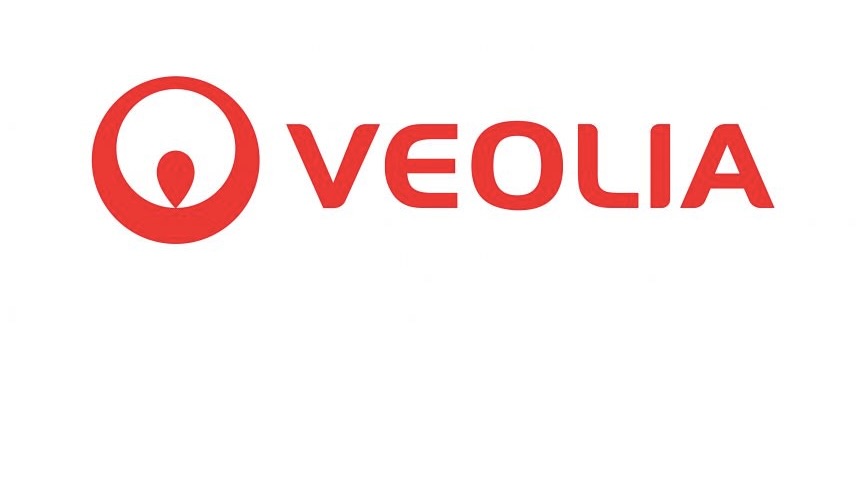
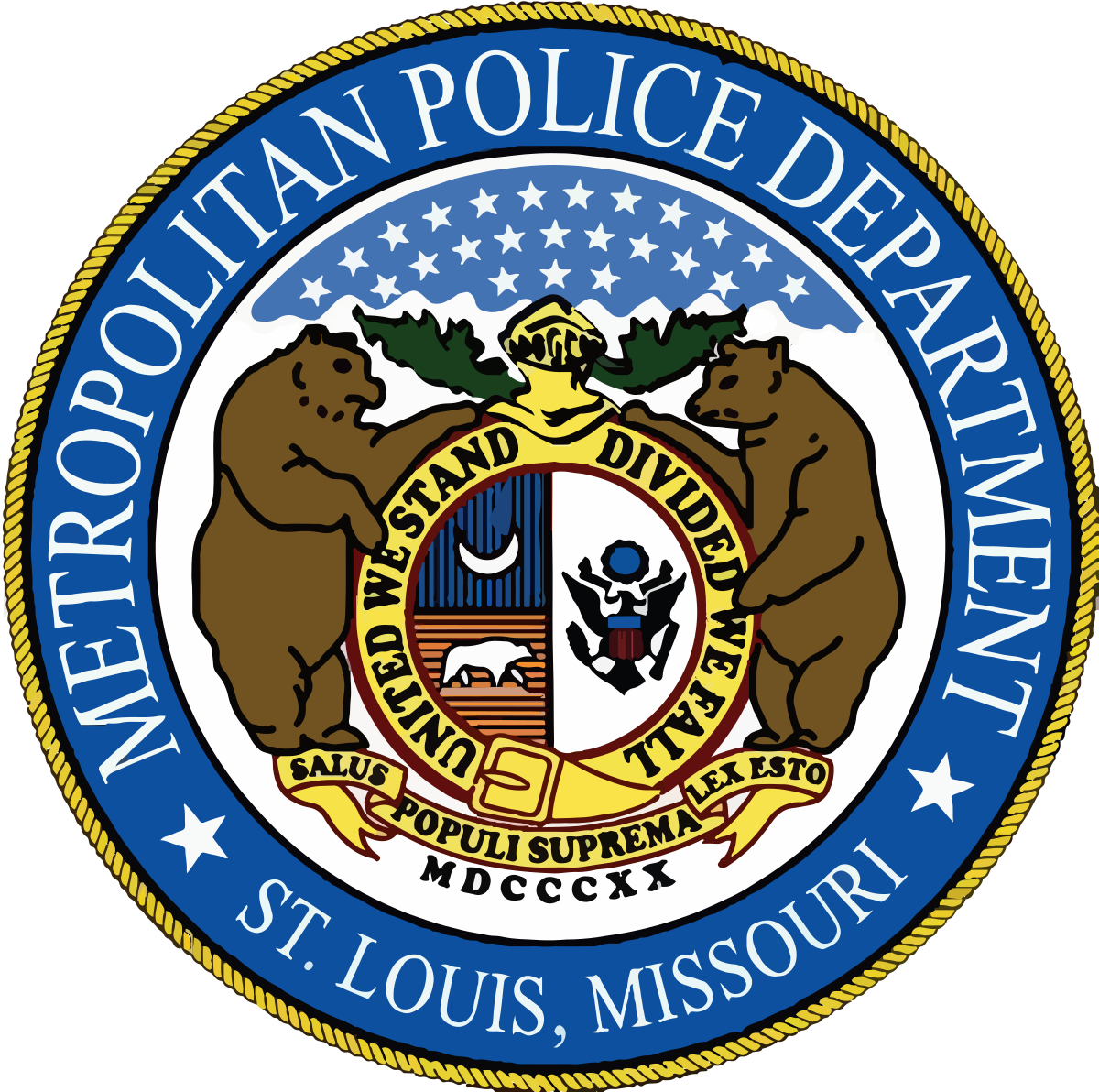
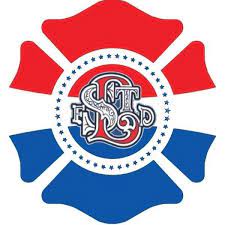
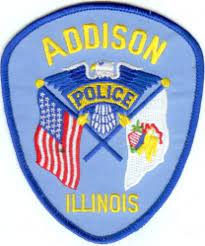
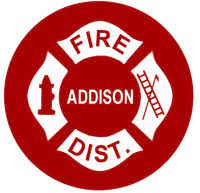
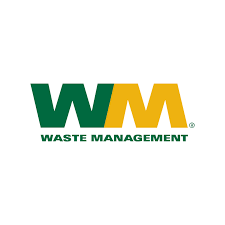
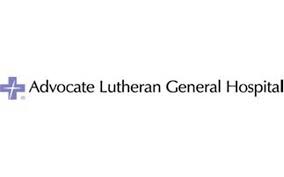

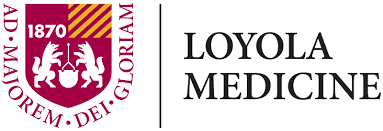
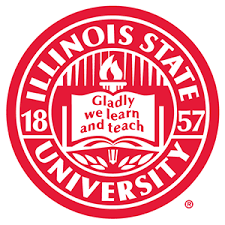
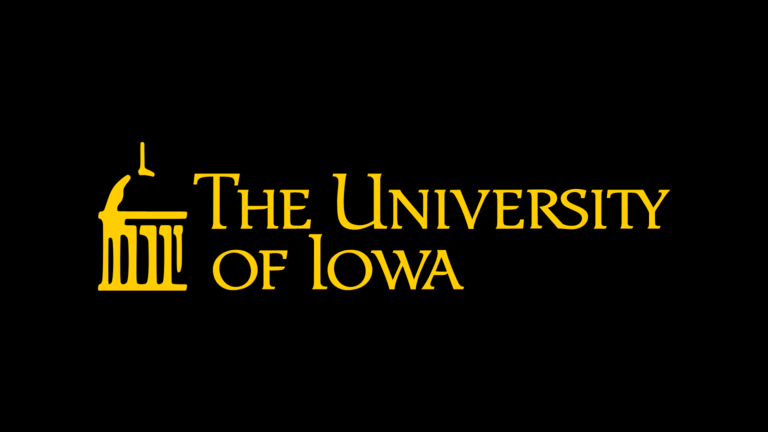

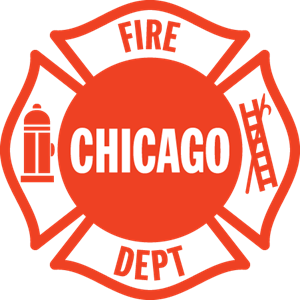
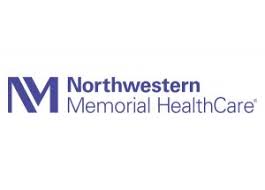
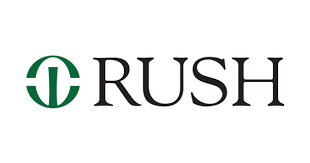
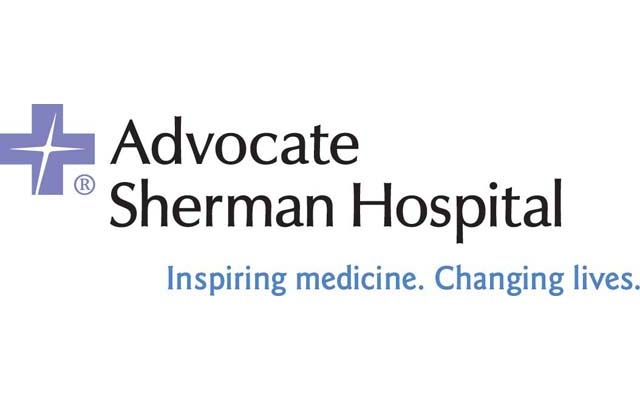
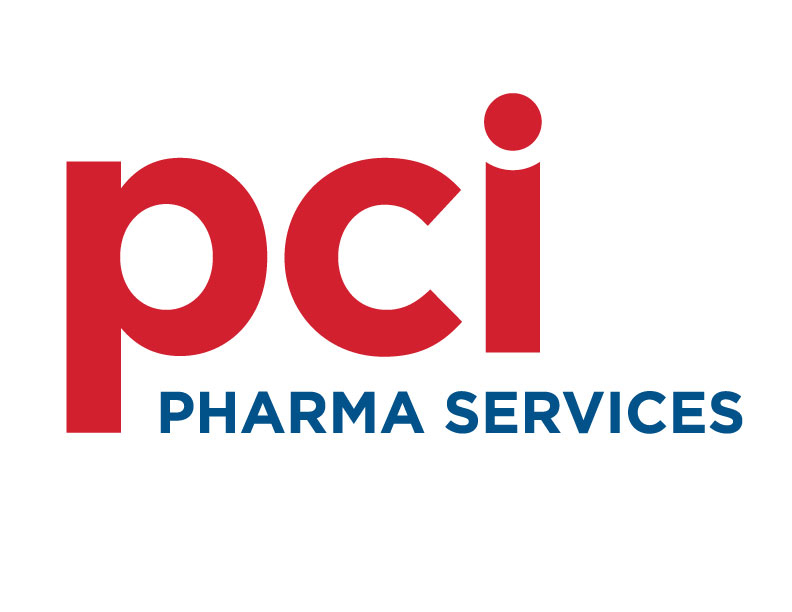

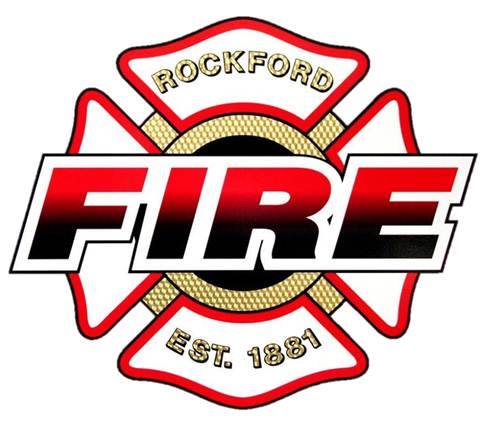
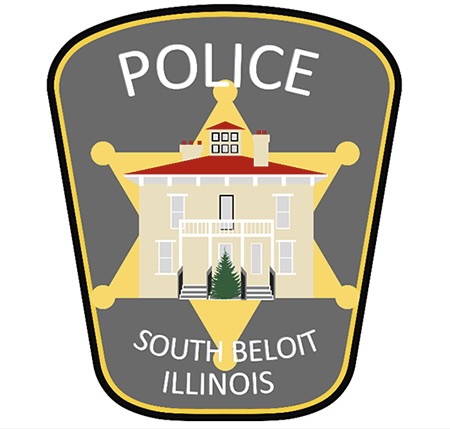
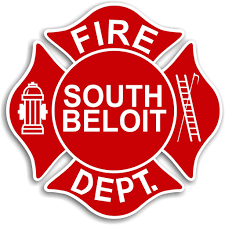
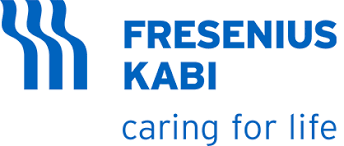
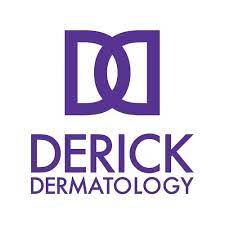
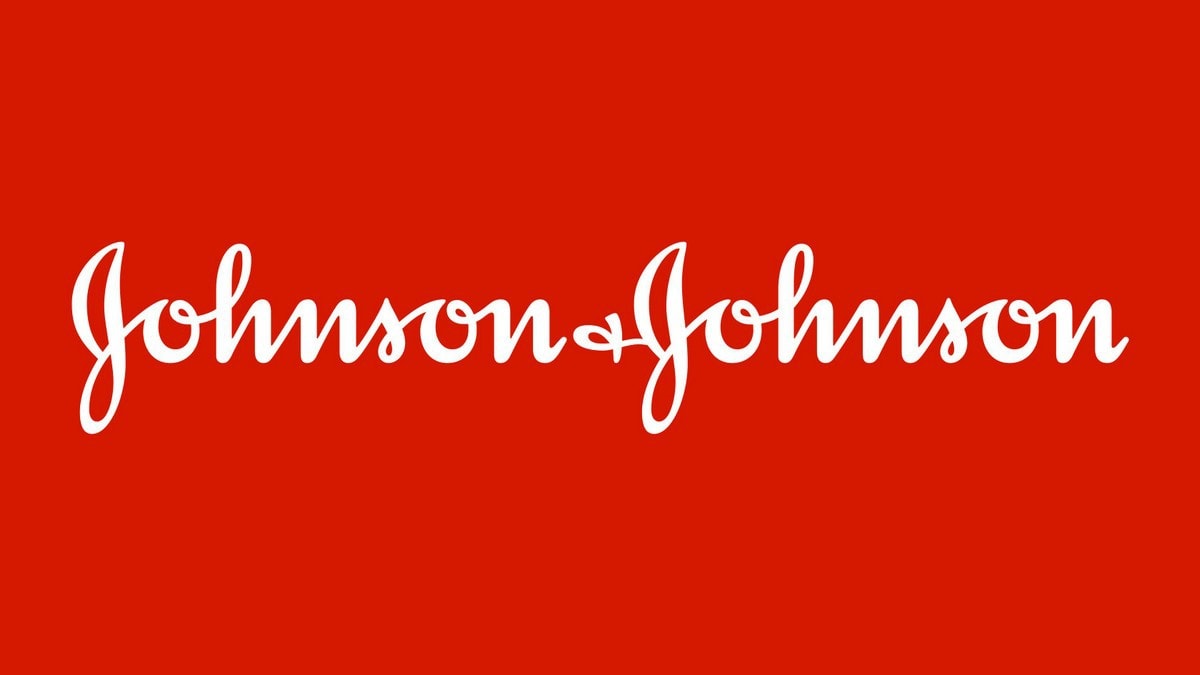

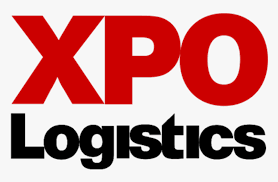


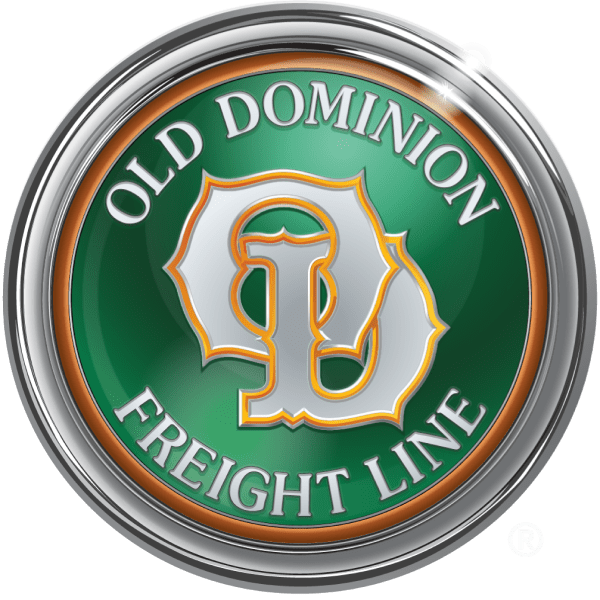

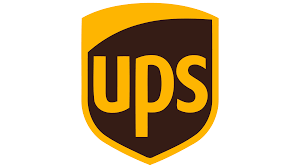
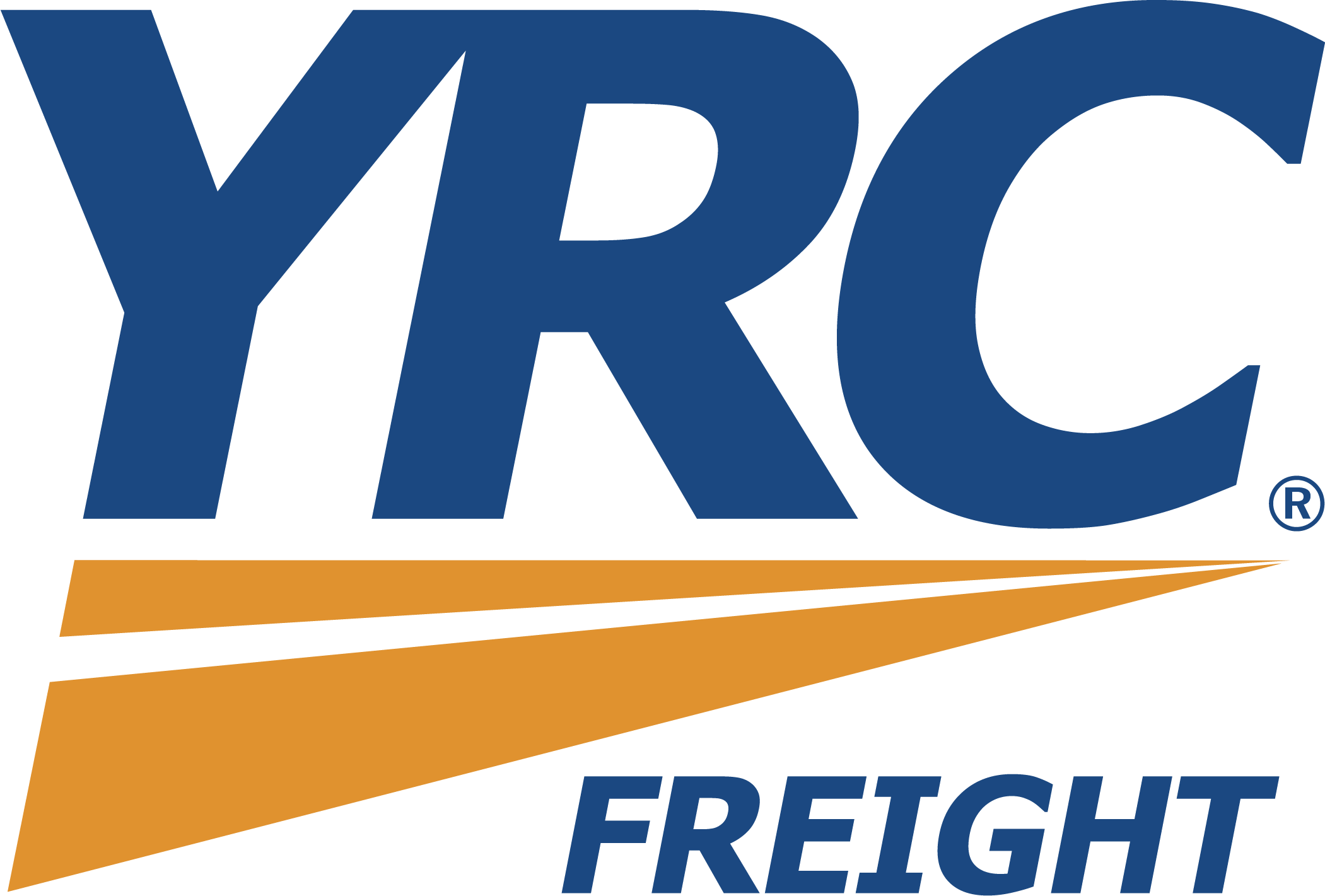
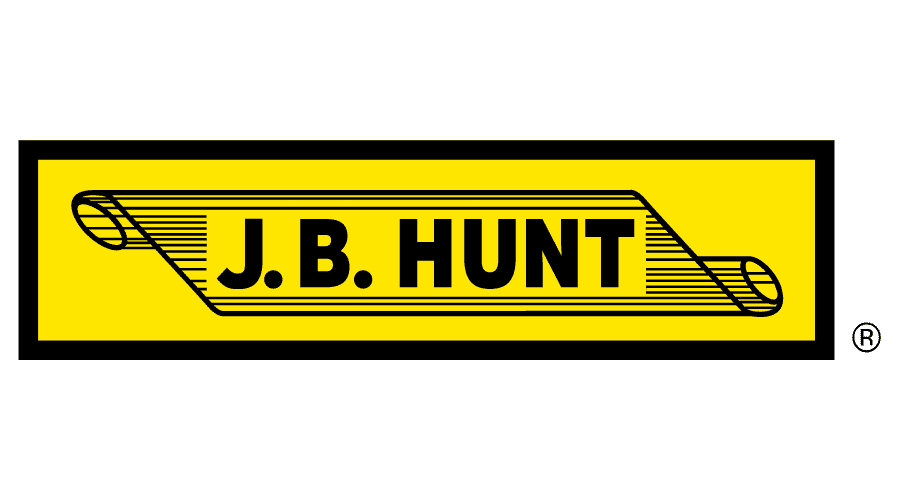
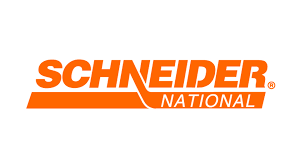
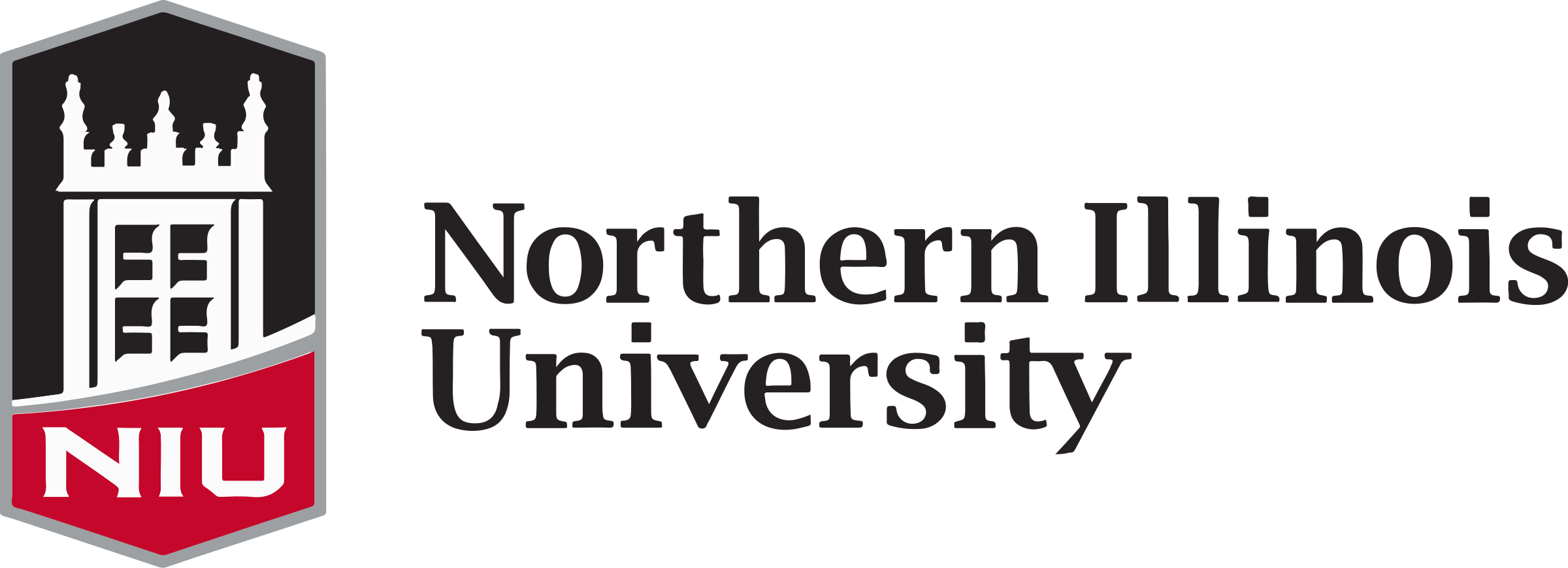
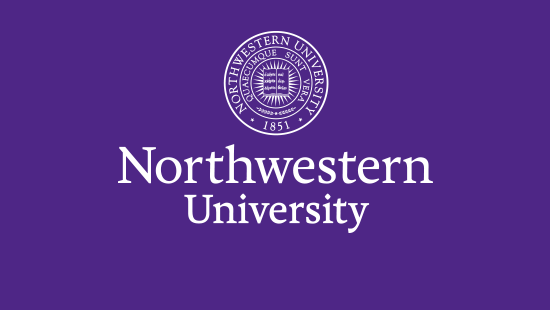
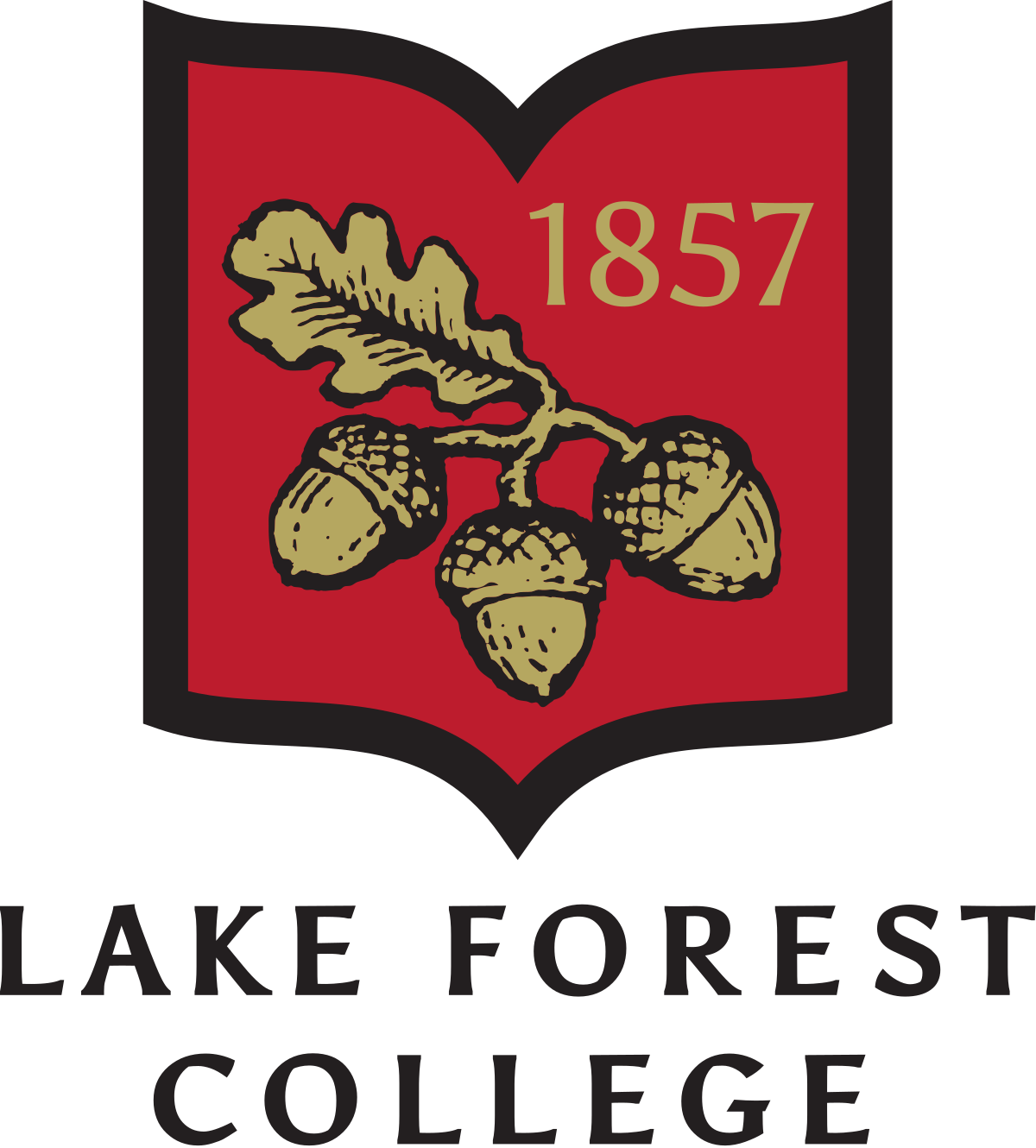
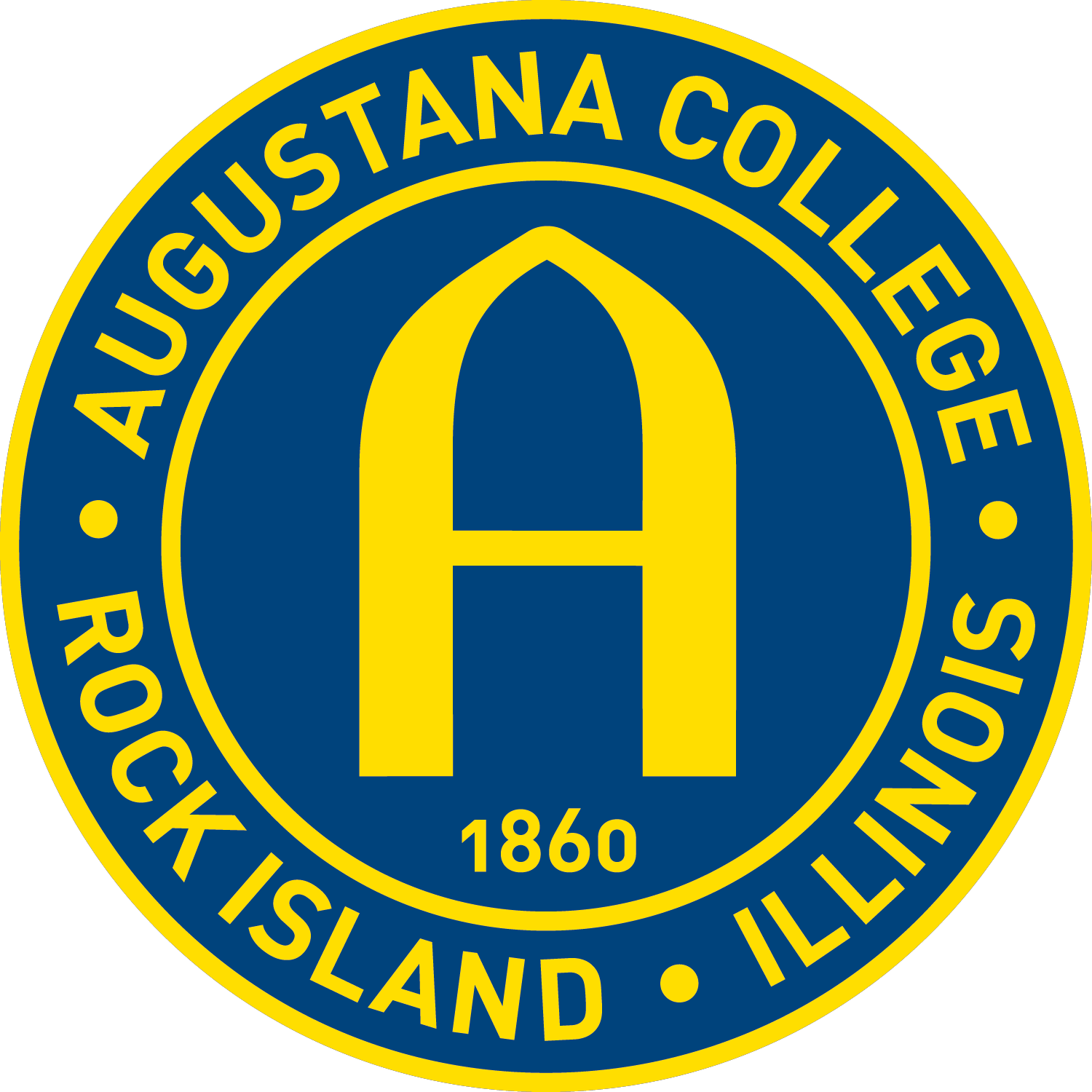
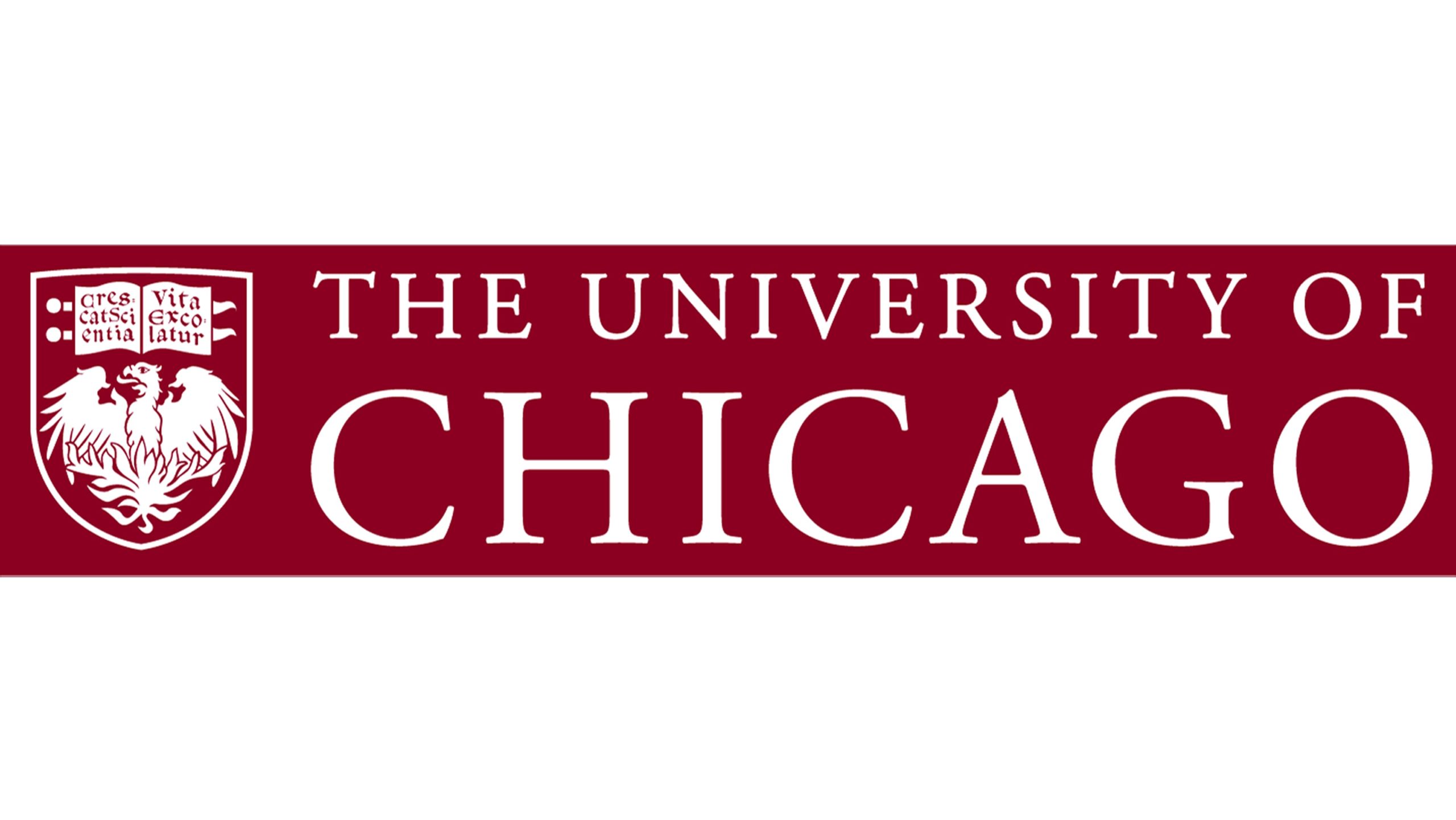
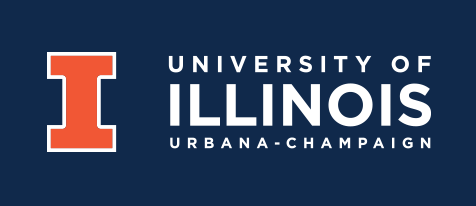

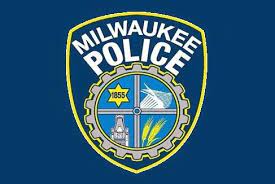
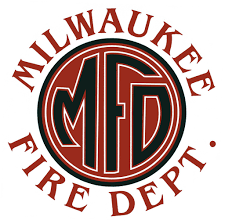
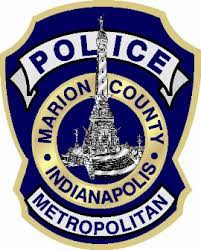
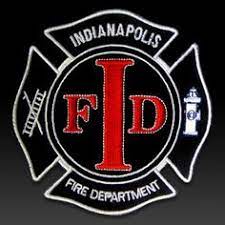
Why Choose HazChem?
• Professional environmental services for over 33 years
• Emergency Response Services deployed within 60 minutes or less (24/7/365)
• $12,000,000 insurance to protect you and your facilities
• Our team members are fully trained and certified, with over 600 collective years of environmental expertise
• Free on-site project evaluations
• Free quotations
• Extremely competitive pricing
• We complete all paperwork and shipping documentation for you, including labels, profiles, manifests, LDR’s & markings
• All calls answered by a HazChem employee in the U.S. 24/7/365, including weekends and holidays
Wide Scope of Industries Serviced for Waste Management:
HazChem Environmental Services are used in a wide scope of industries. We have a solid, long-lasting relationship with some of the largest companies in the world. But we also cherish small businesses and have a no contract, no minimum policy in place. We’ll be there to grow with you! Each industry has its unique challenges regarding waste managment.
Transportation: Truckline Carriers and Terminals, Train Stations, and Airports all benefit from HazChem in different ways. Whether it be recycling , used oil regeneration, solvent recycling, Hazardous Waste Stabilization, Emergency Response Services due to a spill or accident, Wastewater treatment, industrial cleaning, or on-site remediation. Our waste management services encompass an across-the-board approach to keep both employees and travelers safe and compliant, while also helping the environment.
Freight Companies: Freight companies, which are involved in the transportation of goods, generate various types of waste during their operations. With large volumes of items being loaded and unloaded on docks, there is bound to be accidental spills or damage. Some of the items spilled may even be hazardous. One forklift accident can shut down an entire operation depending on what spilled. There is also a risk of accidents on the road that may damage cargo. HazChem specializes in emergency rapid response services for these very types of incidents. Freight Companies also manage packaging recycling, pallets, metal strapping, discarded tires from freight vehicles, parts, batteries, and general office or cafeteria waste.
Police and Fire Stations: You’ll notice many logos from Fire and Police Stations. HazChem has been trusted to develop programs with many departments for PFAS/AFFF firefighting foam disposal, biohazard cleanup, emergency response teams, hazardous waste removal, chemical or fuel spill cleanup, and more. This keeps both the employees and residents safer with proper waste menagement.
Hospitality and Education: The hospitality and education sectors include diverse services and activities like accommodations, dining, food and beverage services, and convention or residential centers for students. Given its extensive customer base, workforce, and infrastructure, the hospitality and education sectors stand out as a substantial consumer of resources and a notable producer of waste. Given the importance of diverting waste from landfills, they are increasingly acknowledging the potential savings in material and disposal costs. Within school campuses, the spectrum of waste spans from hazardous and electronic waste generated in research facilities to recyclables stemming from the daily activities of students.
Retail Stores: Retail chains have a diverse approach to waste depending on products they sell and local regulations. Some of the common methods that retail uses to manage their waste. They typically have recycling programs implemented, to sort and separate different types of waste. If it involves food, they may donate unsold but still edible food to local charities or have processes for composting. They are encouraging reusable bags to reduce single-use plastic, as well as having an e-waste disposal program in place. Periodic waste audits can help assess their waste stream and identify areas for improvement in your waste management.
Airlines: The key types of waste that need to be managed by airlines include Cabin Waste (whether recyclable or not), & Galley waste, which includes both food and packaging materials. Airlines must also have a program in place for Cargo waste, Aircraft parts, used oils and lubricant disposal, hazardous waste such as chemicals for cleaning and maintenance as well as batteries. Airlines also must make accommodations for outdated avionics, entertainment systems and other electronic components (E-waste).
Restaurants / Food and Beverage: Restaurants may implement waste reduction strategies, recycling programs, and composting initiatives to minimize the amount of waste sent to landfills. Proper separation and disposal of different types of waste are essential for environmental sustainability and, in some cases, can also result in cost savings for the restaurant. They have both organic waste such as food scraps or expired food, as well as plastic and paper packaging, Empty containers and other plastic, glass bottles and metal. They also produce Hazardous waste from cleaning chemicals and used cooking oil and well as electronic waste. Many packaging materials, cans and bottles can be recycled. Restaurants also replace uniforms and linens with the used or outdated textile waste to be destructed or disposed.
Healthcare/Hospitals & Pharmacies: Much of the waste managed by the healthcare industry may be hazardous. Proper waste management in these settings is critical to prevent environmental contamination and to protect public health. Some examples are infectious or biomedical waste such as needles and syringes, Pathological waste like tissues, and organs removed during surgeries, microbiological waste from cultures and infectious agents.
There is also hazardous chemical waste for expired pharmaceuticals, chemotherapy waste, and chemicals used in laboratory testing procedures. Some of the waste may be radioactive, but even non-hazardous waste such as gloves, and gowns still require special handling. General medical waste includes catheters and tubing, blood products, contaminated bandages. This, in addition to electronic waste from medical equipment, and non- medical office and food waste all add into the complex strict protocols for segregating, handling and disposing of these various types of waste for healthcare workers, patients, and the environment.
